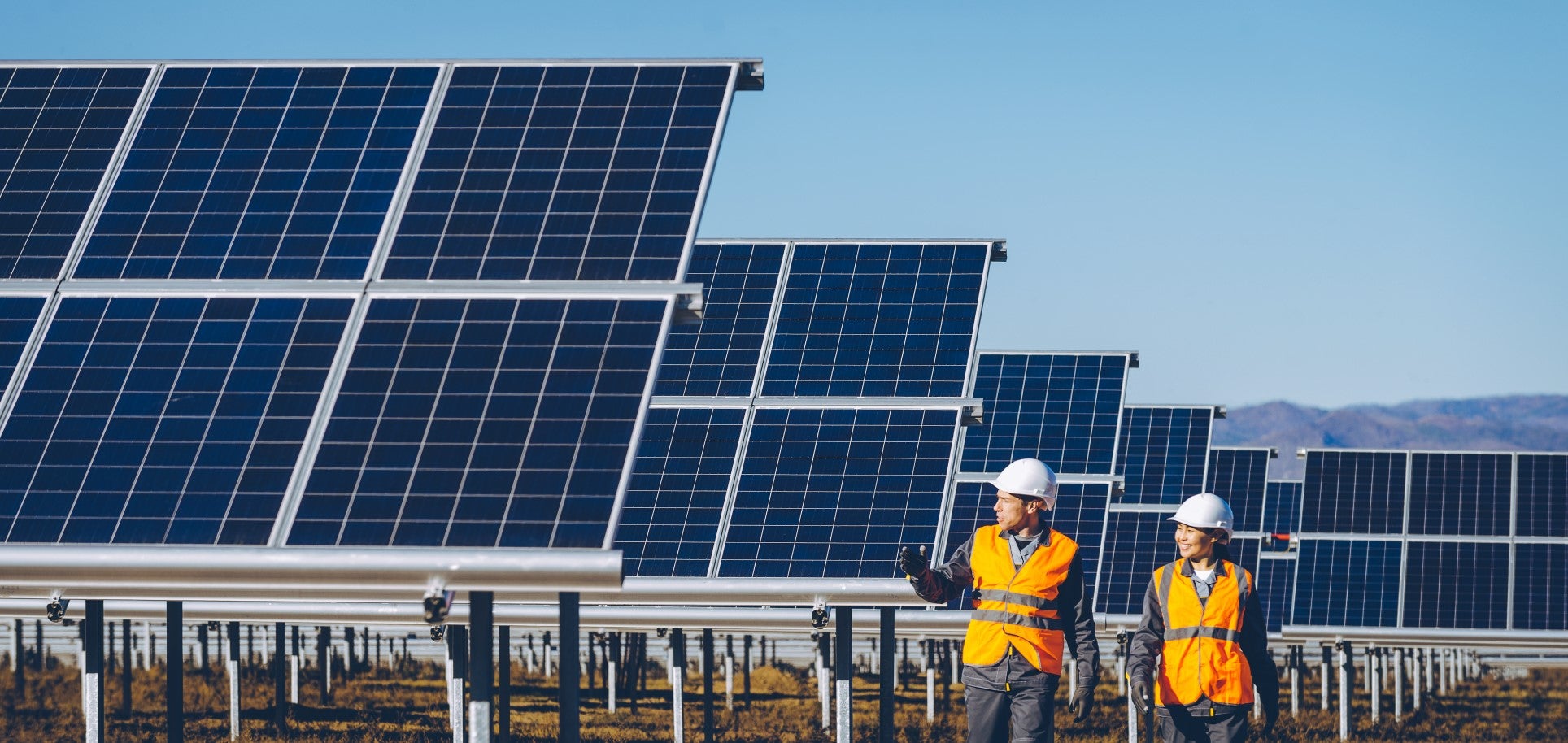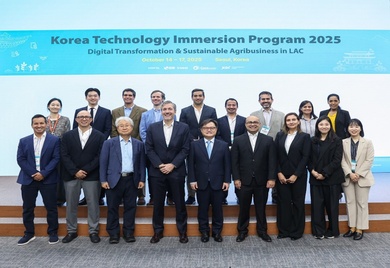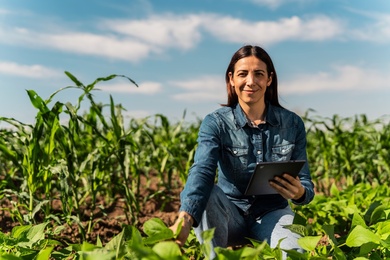Energy-Efficient Manufacturing in Latin America and the Caribbean: Just Cheaper & Better
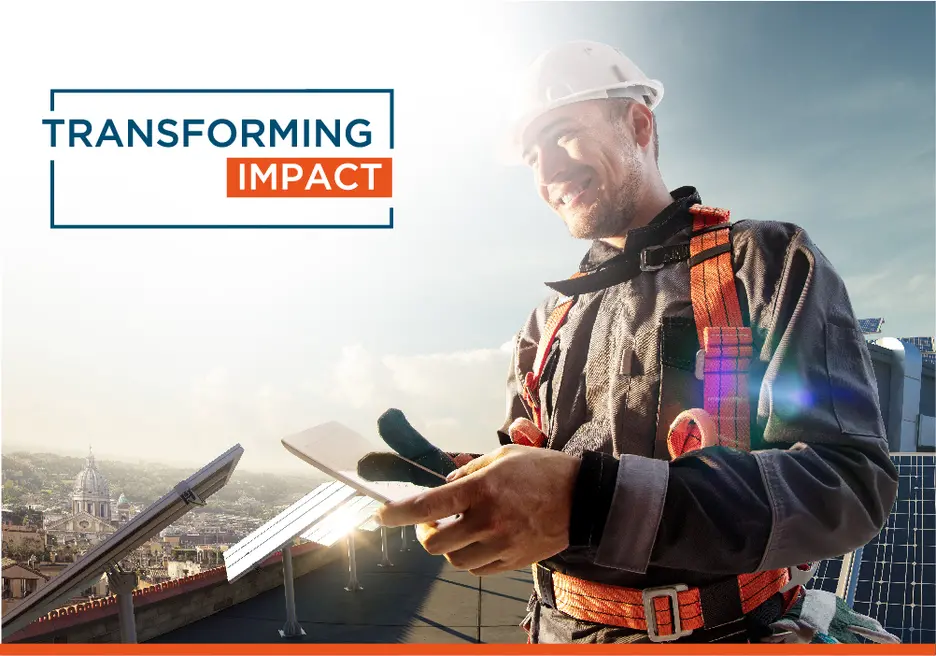
If you care about the environment, you care about energy efficiency in the industrial sector.
Energy efficiency is the most effective mechanism for reducing greenhouse gas emissions; it is a key component for an effective energy transition to clean energy sources and achieving each country's decarbonization goals.
According to the International Energy Agency (IEA), the industrial sector in Latin America and the Caribbean (LAC) consumes about 25% of all the energy used in the region. It is also worth highlighting that the industrial sector in LAC is responsible for almost half of the electricity consumed.
In LAC, manufacturing is mainly associated with the production of mass consumer goods and moderate levels of technological aggregation. The most significant and frequent final uses of energy relate to steam generation for heating, water pumping, and cooling to preserve perishable items, manufacturing of parts from raw materials and intermediate processing, the assembly of mechanical, electrical, and electronic devices, and machinery used in raw material processing and logistics.
Against this backdrop, the concept of energy management bolsters the manufacturing industry in the region, helping to identify opportunities for cost-saving measures or implementing other energy sources with better environmental performance in the production cycles.
These practices are also recognized as alternatives to increase the competitiveness of the regional industry.
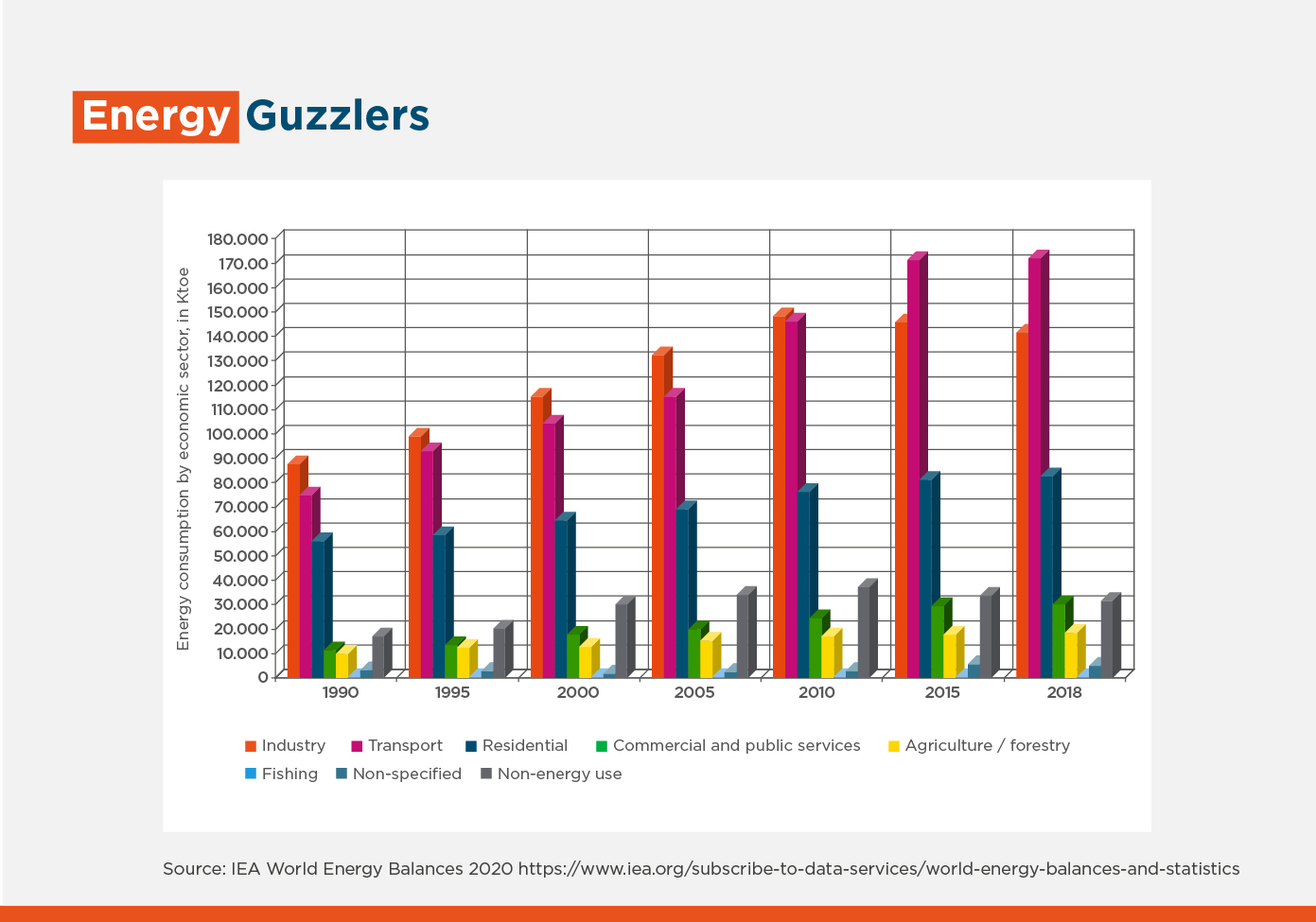
IDB Invest supports initiatives associated with energy management system certification, as it sees these mechanisms as a highly effective way for its clients to improve their energy performance.
A good example of these efforts is the home appliance producer Indurama, the first Ecuadorian company in its field to obtain the prestigious ISO 50001:2018 certification for its energy management system, thanks to the support of IDB Invest's consulting services division.
Obtaining these certificates is not easy. Work began in 2015 and managed to sail through in part thanks to the strategic alliance with IDB Invest and its "invest to reverse" policy, which is closely linked to the resilient, low-emission development of the region's industrial sector.
This achievement positions the company as a benchmark in good manufacturing practices and sustainable development at the corporate level, and opens up the possibility of accessing preferential financing conditions in the future, thanks to the company's commitment to the efficient use of energy as part of its culture. For IDB Invest, this is one more step in its commitment to implement profitable and sustainable practices throughout the region.
LIKE WHAT YOU JUST READ?
Subscribe to our mailing list to stay informed on the latest IDB Invest news, blog posts, upcoming events, and to learn more about specific areas of interest.
Subscribe